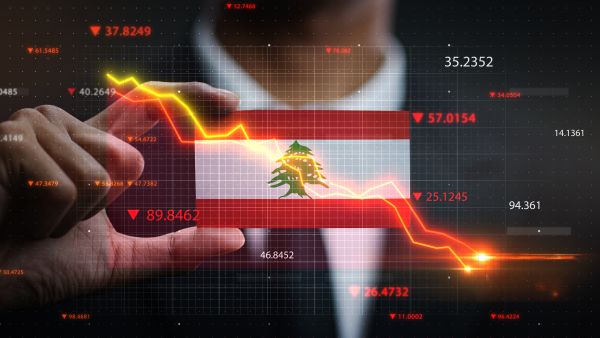ALBAWABA — International Monetary Fund on Thursday warned that crisis-hit Lebanon is in a very dangerous situation, failing to implement reforms a year after committing to changes in an effort to unlock billions in loans.
In April 2022, Lebanon and the IMF reached a conditional agreement on a $3 billion loan needed to save the country's economy that has been in a free fall since 2019.
The IMF had conditioned the funds on a series of measures, notably unifying the country's overabundance of exchange rates, a reformed bank secrecy law as well as restructuring the banking sector and the implementation of formal capital controls.
Lebanese officials have yet to enact many of the substantial changes required to kickstart the 46-month financing program, implemented only some of the reforms demanded by the IMF including passing a 2022 budget and a revised bank secrecy law.
"The country is in a significant crisis. One would have expected a lot more in terms of implementation and approval of legislation," Ernesto Rigo, IMF mission chief, told a news conference in Beirut, echoing his warnings from September.
"We think Lebanon is at a very dangerous moment, at a crossroads," Rigo added.
He warned the continued "policy of inaction is going to leave Lebanon in a never-ending crisis", adding that the country could see hyperinflation "in a worst-case scenario".
Lebanon's economic and political meltdown has pushed over 75 percent of its population into poverty.
Since last year, the country has had no president and only a caretaker government, leaving the country to plunge deeper into a crisis which according to the World Bank is one of the world's worst since the mid-19th century.
As reforms move at a snail's pace, the market value of the Lebanese pound reached historic lows against the American dollar this month.
The Lebanese pound has been trading on parallel markets at more than 100,000 against the greenback, freefalling from 1,507 before the economic crisis hit in 2019, losing lost over 98 per cent of its value.
In March 2020, Lebanon did not repay a $1.2 billion Eurobond, defaulting on its foreign debt for the first time, after years of political upheaval and economic mismanagement.
According to Bloomberg, the Lebanese government defaulted on a total of $30 billion in international debt in 2020.
The Lebanese government estimates losses in the financial system totaling more than $70 billion, the majority of which were accrued at the Central Bank.
"Over the years, the government has been borrowing from the Central Bank. Not just in the past (but also) the last few months, which is something we have recommended should stop" Rigo said.
"No more borrowing from the Central Bank," Rigo added, noting that the economic crisis had triggered triple-digit inflation, spread poverty and a wave of emigration, he noted that the IMF would "never walk away" from helping a member country and there was no deadline for Lebanon to implement the reforms.







